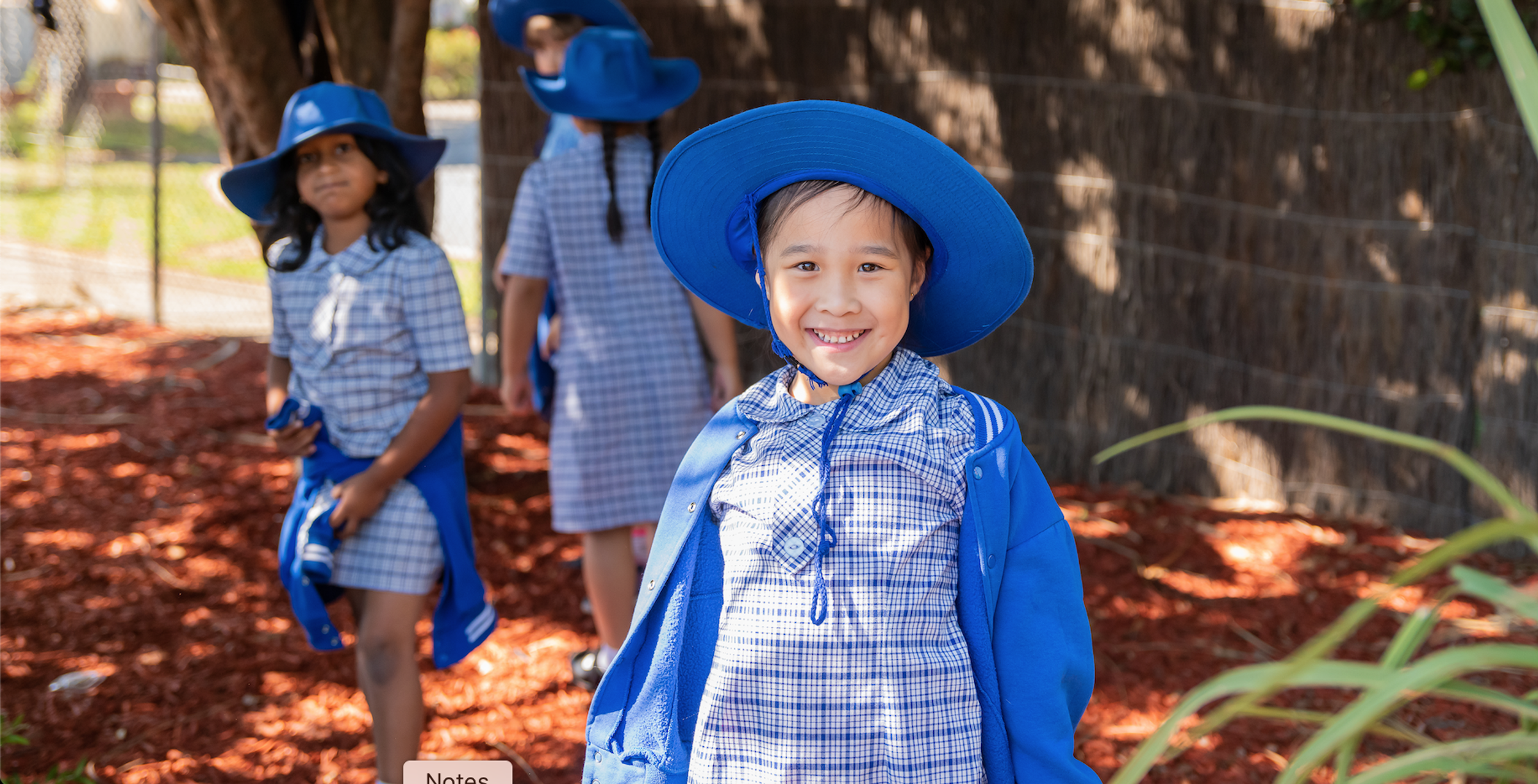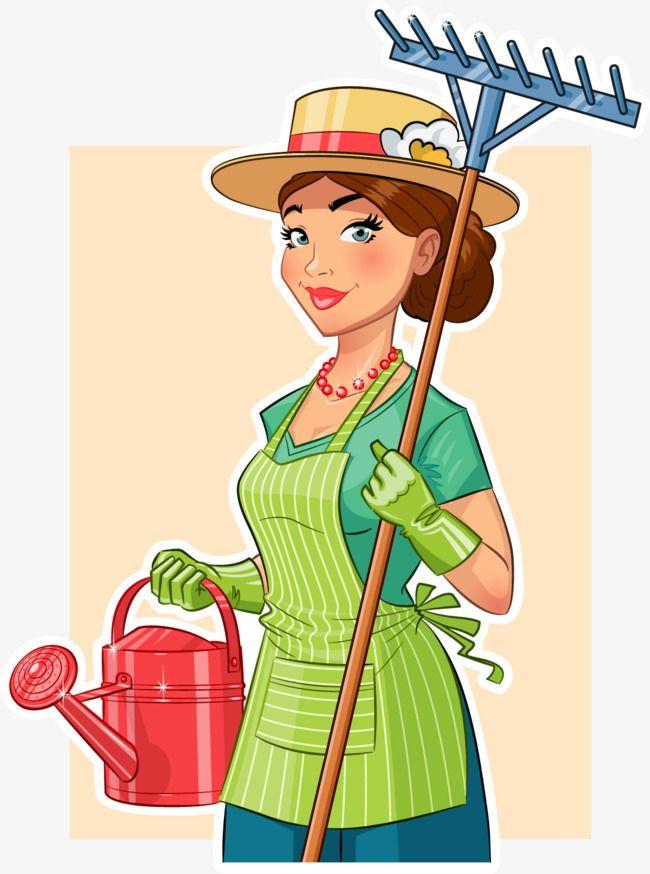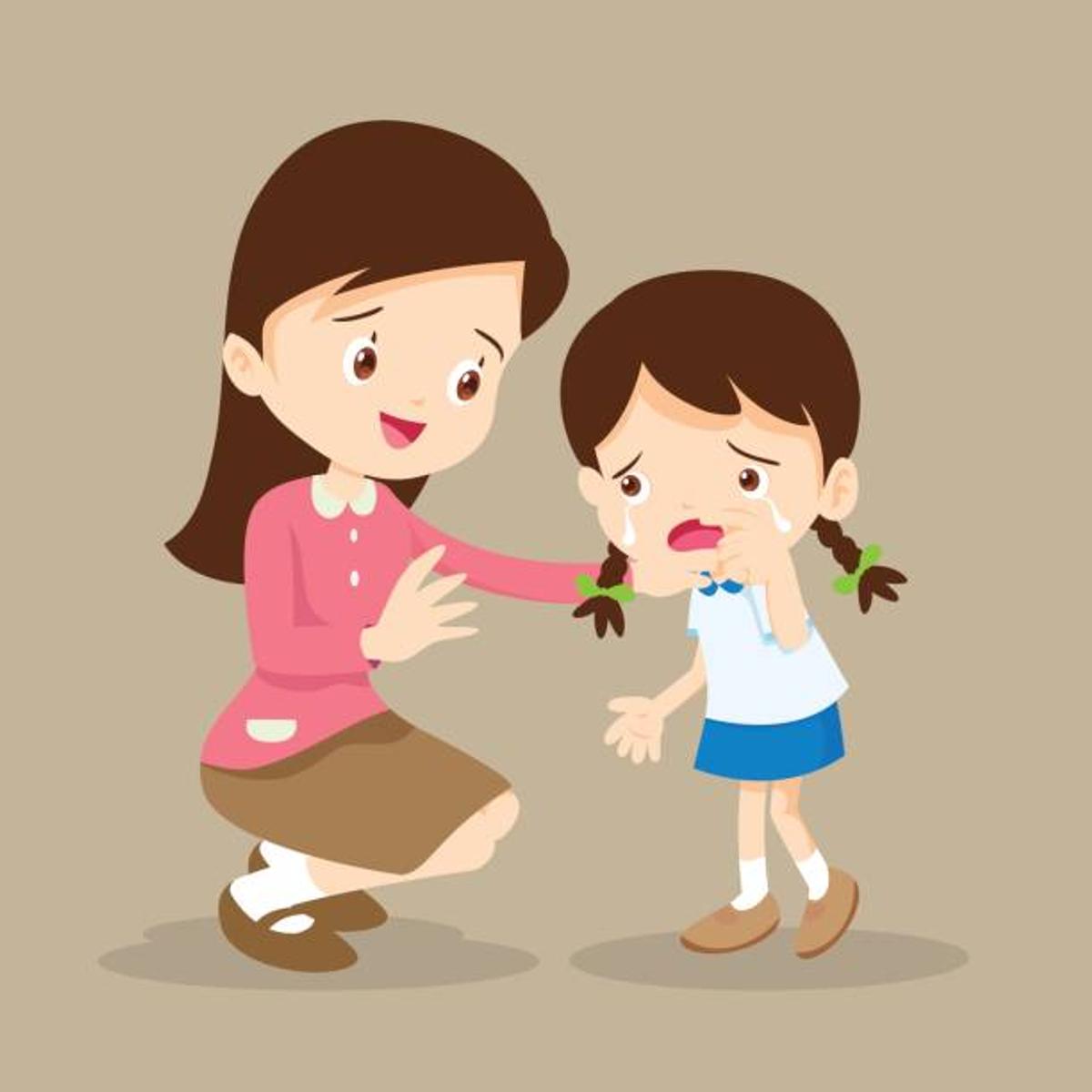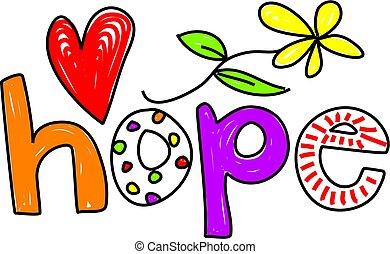Wellbeing

On Saturday I mentioned to my husband that I was going to spend another day in the garden the next day. He asked me why I wasn’t going to work tomorrow. “Tomorrow’s Sunday,” I replied. Keeping track of this year has been interesting. Are we onsite? Online? At home? How much of the school year has the whole school been together? When I saw that we were writing for the Week 8 newsletter I paused. Where has the year gone? Four weeks left of the 2021 school year!
In spite of time and the changing school delivery landscape of this year, I believe that it is important to check in with ourselves, with one another and especially the students. My 3-day sojourn (Friday-Sunday) into the garden was exactly what I needed at this just past the midpoint of the term. I feel grounded and centred. With every weed that I plucked out of the garden, I felt more balanced and ready for the last few weeks of term 4.
What about our students? Regularly checking in with them is always important and we cannot take for granted that the couple of weeks we have had back at school is enough time for all children to feel grounded and focused. Teachers are alert throughout the day; checking whether the group or an individual requires an energiser or whether they need to de-escalate. What is going to build on their current strengths, motivate them and promote success? When do we give them a break and when do we put the pressure on them?
We still need to think one day at a time. Slipping back into school routines has been easy for most however there are still children who are coming to terms with another change. We are continually mindful of their needs.
I have selected a few parts from Andrew Fuller’s website that I have found useful over the past couple of weeks and will continue to reflect and act upon this year.
Even those students who have thrived during these uncertain times have been on heightened alert status all year long (as have their parents). It is time to heal those wounds. Compassion and love are our oldest medicines. Add to this, hope and connectedness and we have the four most powerful ingredients for healing.
STARTING WITH HEART
It is time to rebuild self-belief. Most young people develop this by having parents and teachers who believe in them and value their contribution. This is not the time for pep talks, rev ups and restrictions. Yelling and arguing are counterproductive.
Even though it has been a frustrating time and most of our plans have been thwarted, the antidote is not in adding more anxiety or coercion. We need to play the "long game," by increasing KINDNESS and UNDERSTANDING.
We also need to accept that some young people have been feeling so lonely and shell-shocked that our initial acts of kindness not always be reciprocated. A slow and patient rebuild that creates trust and certainty is more likely to have enduring positive effects.
REKINDLING HOPE
Hope is the birthplace of possibility. It is more than idle wish-making, it can become a creative act. The time for innovation is now. This is the time for young people to have a say in creating a better world.
Times of challenge accelerate change. Every crisis conceals an opportunity. There seems little doubt that the pandemic has highlighted shortcomings in our planning as well as our care of particular groups in our society. This is the time to have conversations about creating a cleaner, greener, kinder world.
By engaging children and young people in conversations about what sort of world we want for our future, we help them build a future story for themselves.
Connie Drossaert
Student Wellbeing




